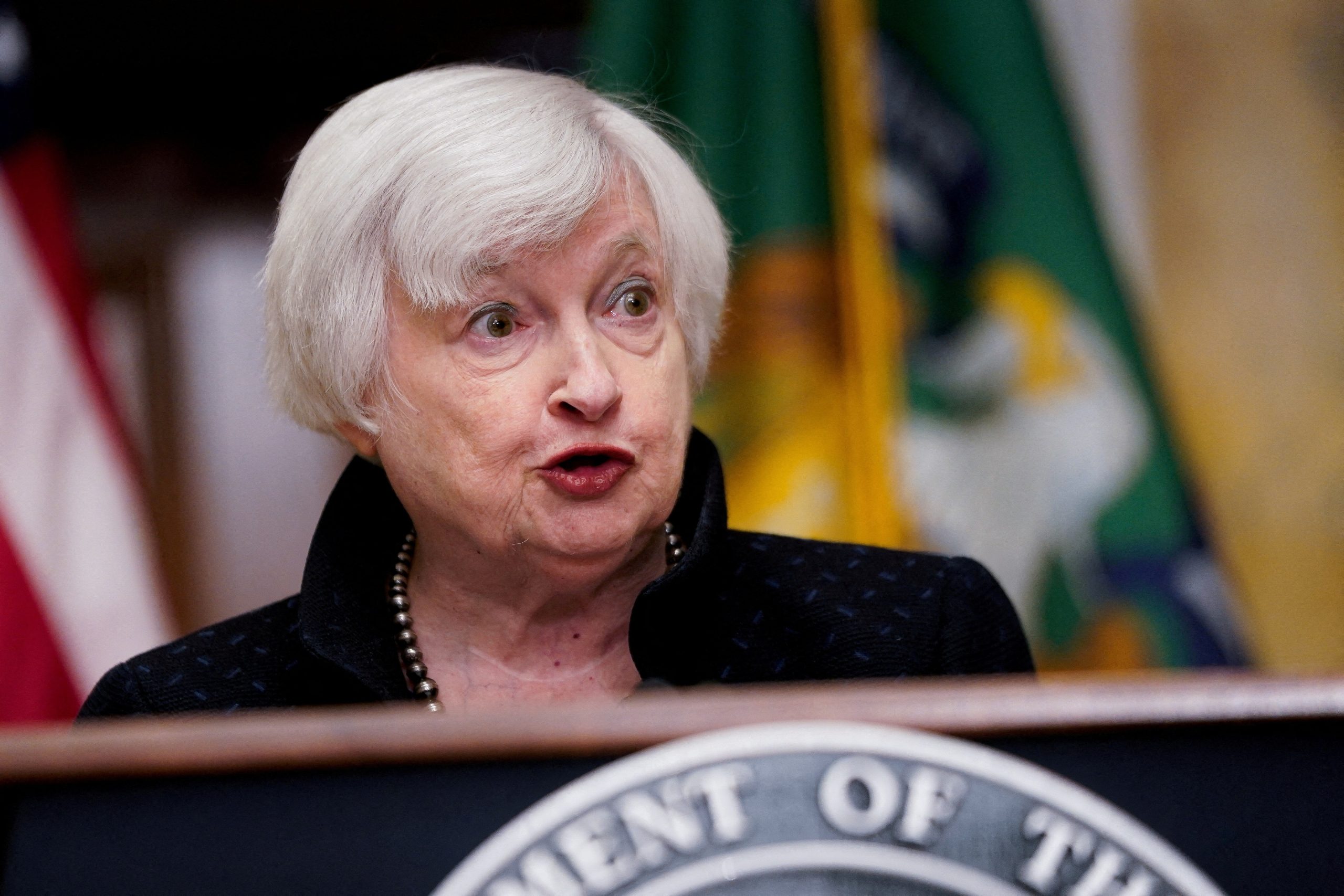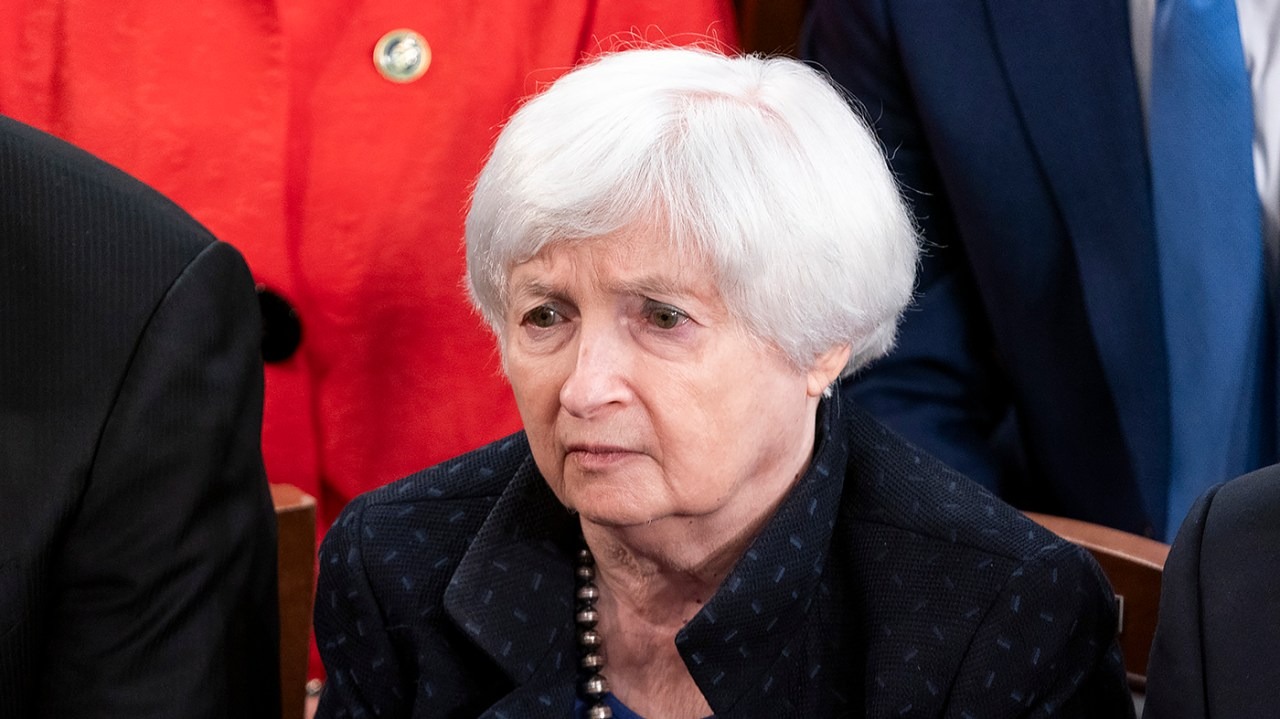U.S. Treasury Secretary Janet Yellen is urging China to address its manufacturing overcapacity, warning of potential global economic disruptions and emphasizing the need for fair competition for American companies and workers.
During her five-day visit to China’s major industrial hub, Yellen discussed with senior Chinese officials what the U.S. views as unfair trade practices. She stressed the importance of establishing a level playing field for businesses and workers from both countries to foster a healthy economic relationship.

Yellen specifically raised concerns about China’s industrial overcapacity, fueled by government subsidies that have led to an excess in production capacity for solar panels and electric vehicles.
While this has driven down costs and benefited consumers, Western governments fear it could result in a flood of low-priced exports, threatening jobs in America and Europe.
The Treasury Secretary emphasized the need for open and direct communication between the U.S. and China on areas of disagreement, including industrial overcapacity. To address these issues, she met with Chinese officials in Guangzhou, a manufacturing center housing major companies like Huawei and BYD.
Yellen’s visit also attracted attention on social media, with a post showcasing her dining at a popular restaurant in Guangzhou. However, Chinese state media reminded that as a U.S. official, Yellen should understand more about China beyond food to improve bilateral relations.

Acknowledging the challenges faced by American businesses operating in China, Yellen cited a recent survey indicating unfair treatment compared to local competitors. She called for an end to unfair economic practices and emphasized that addressing these issues would benefit both American firms and China.
China has defended its export growth in EVs and solar products as beneficial for global green development, rejecting accusations of nonmarket manipulation. Yellen stressed that concerns about excess capacity are not aimed at China but are essential to mitigate the risks of global economic disruptions.
While expectations for China’s response remain modest, Yellen affirmed that the U.S. is prepared to use all available policy tools, including tariffs, to address concerns about China’s subsidized manufacturing of green energy products.


